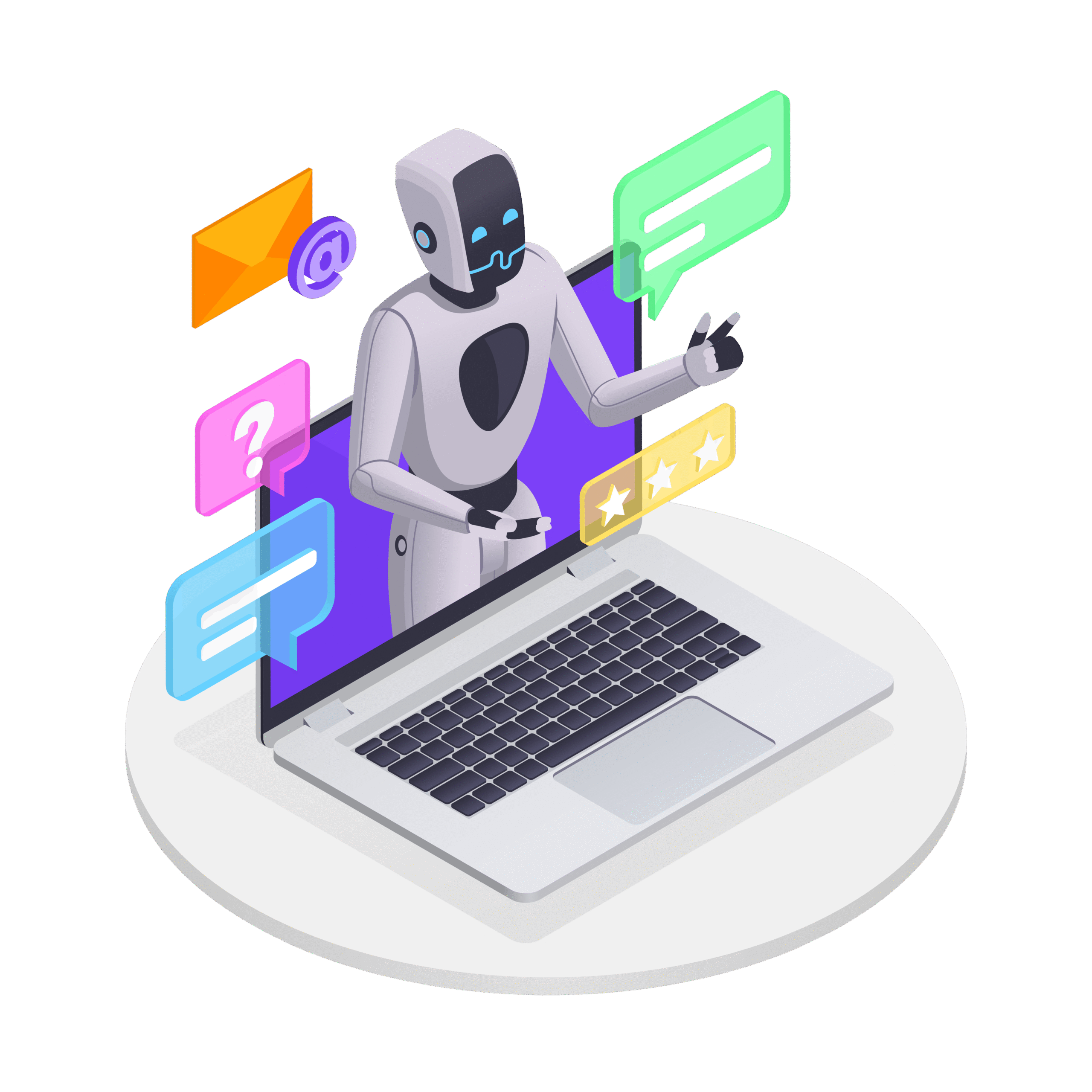
By 2025, AI tools have evolved from a mere futuristic idea to the powerhouse driving innovation in digital marketing. They’re not just changing the game; they’re redefining how brands engage with their audiences. Companies that harness the power of AI in their marketing strategies are not only keeping up with the competition but are also setting new standards for efficiency, personalization, and return on investment. In this blog, we’ll dive into how AI-driven tools are transforming digital marketing strategies in 2025 and what this means for marketers around the world.

The era of generic content is behind us. In 2025, AI-powered personalization engines utilize real-time data to create customized content, product suggestions, and email campaigns. Tools like Persa do and Phrase leverage natural language generation (NLG) to produce compelling copy that resonates with user behaviour and preferences.
Key Benefits:
Enhanced customer engagement
Increased conversion rates
Deeper brand loyalty
AI content generators such as ChatGPT-4.5, Jasper, and Copy.ai are empowering marketers to create SEO-friendly blog posts, ad copy, product descriptions, and social media content on a large scale. These tools analyse high-performing content and keywords to maximize visibility and reach.
Example Use Cases:
Automatically generating blog drafts
Summarizing competitor content
Suggesting trending topics
Thanks to tools like HubSpot, Salesforce Einstein, and Marketo Engage, marketers can now get a sneak peek at which campaigns are likely to hit the mark even before they go live. These AI-driven predictive analytics dive into historical data and user behaviour to fine-tune ad spending, pinpoint leads that are ready to convert, and help keep customers from drifting away.
Why It Matters:
Less wasted marketing effort
Higher return on investment
More precise targeting
By 2025, AI chatbots are set to be more human-like than ever. With natural language understanding (NLU) at their core, these bots can tackle complex questions, offer round-the-clock support, and even suggest additional products. Tools like Drift, Tidio, and ManyChat are at the forefront of crafting automated customer experiences.
Results Include:
Quicker response times
Reduced support costs
Improved customer satisfaction
AI is transforming visual search and voice assistants, making it easier than ever to discover products. Platforms like Google Lens and Amazon Alexa allow users to search for items using images or voice commands, revolutionizing the way consumers engage with brands.
SEO Tip: To optimize for voice search, use conversational keywords and focus on answer-based content.
Here are some of the top AI tools for digital marketers in 2025
| Tool Name | Primary Use Case | Notable Feature |
|---|---|---|
| Jasper AI | Content generation | Long-form blog writing |
| Surfer SEO | SEO optimization | Real-time SERP analysis |
| ChatGPT | Conversational content | Personalized responses + research |
| Drift | Conversational marketing | Smart lead qualification |
| HubSpot AI | Email + campaign automation | Predictive analytics |
| Canva AI | Visual content creation | AI image and layout suggestions |
While AI certainly boosts efficiency, it also comes with its own set of challenges:
Pro Tip: For the best outcomes, always blend AI insights with a dash of human creativity.
While AI certainly boosts efficiency, it also comes with its own set of challenges:
Pro Tip: For the best outcomes, always blend AI insights with a dash of human creativity.
In 2025, AI tools are not just changing digital marketing — they’re completely redefining it. From content creation and customer service to campaign management and analytics, AI is proving to be an essential asset in the digital marketing realm. By adopting the right tools and strategies, businesses can unlock a new era of growth, innovation, and customer satisfaction.
Have a project?Let's start.